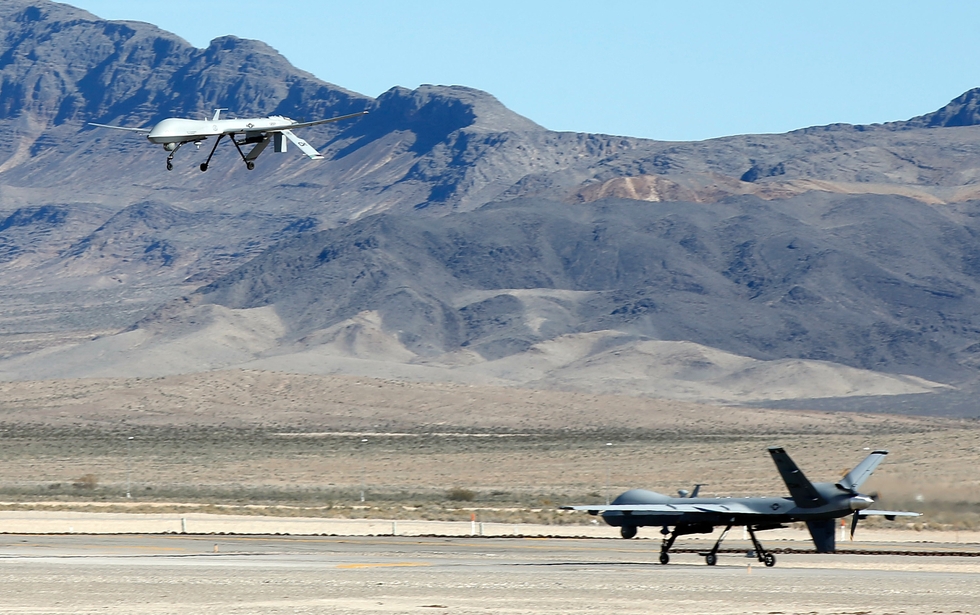US claims death of second IS propaganda chief in matter of weeks

The US military has said it killed the Islamic State (IS) group's propaganda chief in a Raqqa air strike, the second "information minister" the group has lost in a matter of weeks.
The defence department on Friday said coalition forces carried killed Wail Adil Hasan Salman al-Fayad, also known as "Dr Wail", on 7 September.
Spokesman Peter Cook said: "Coalition forces conducted a precision strike near Raqqa, Syria, that targeted and killed Dr Wail... one of ISIL's most senior leaders.
"He operated as the minister of information for the terror organisation and was a prominent member of its Senior Shura Council - ISIL's leadership group."
Cook said Fayad was a close associate of Abu Mohamed al-Adnani, the IS "information minister" killed on 30 August outside Aleppo.
"The removal of ISIL's senior leaders degrades its ability to retain territory, and its ability to plan, finance and direct attacks inside and outside of the region
"We will continue to work with our coalition partners to build momentum in the campaign to deal ISIL a lasting defeat."
The death of Adnani, IS’s long-time propaganda chief and leader of foreign operations, was claimed by both the US and Russian militaries.
IS confirmed Adnani's death but has not commented on the condition of Fayad.
The US had offered $5m for the death or capture of Adnani, who was originally from the western Syrian province of Idlib and joined the militant movement in Iraq, where he fought under late al-Qaeda leader Abu Musab al-Zarqawi.
He had once been imprisoned by US forces in Iraq.
New MEE newsletter: Jerusalem Dispatch
Sign up to get the latest insights and analysis on Israel-Palestine, alongside Turkey Unpacked and other MEE newsletters
Middle East Eye delivers independent and unrivalled coverage and analysis of the Middle East, North Africa and beyond. To learn more about republishing this content and the associated fees, please fill out this form. More about MEE can be found here.




